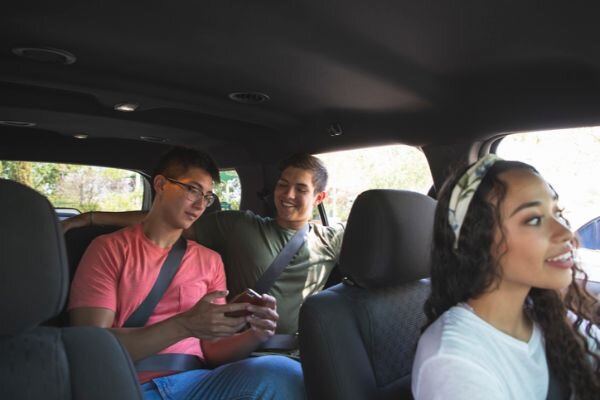Following Years of Complaints, Uber Proposes a New Minimum Wage for Drivers with a Catch
/A California bill that could be a massive financial blow to Uber and Lyft’s profits is getting closer and closer to becoming a law. In response, the ride-hailing companies are increasing their lobbying efforts in an attempt to block it or destroy it once and for all. Uber emailed drivers and riders this month laying out their own proposals to offer their drivers benefits and protections as requested, but is there a catch?
In the email, Uber stated that they were advocating for a new policy to strengthen protections for rideshare drivers by creating a minimum hourly rate (approx.. $21 per hour while on a trip), including the costs of drivers’ average expenses, offering their drivers access to paid time off, sick leave and compensation if they are injured on the job. They also stated the new policy change suggestions would empower their drivers to have a collective voice and make decisions about their work.
The email is on par with prior comments the company made since the bill was drafted earlier this year, but it added a new specific minimum wage mention. According to information in a 2018 study from Schaller Consulting, rideshare drivers for Uber and Lyft spend 63% of their miles driven (on average) with passengers in the car. This number only applies specifically to when a driver has a passenger in the car or is in route to pick a passenger up (63% of the time). And this isn’t the only part of Uber’s proposal that activists in support of drivers’ rights find misleading. The real take home pay being offered is significantly lower than the apparent $21/hour.
The bill in question, Assembly Bill 5, was passed by the legislative body in May 2019. It depends on the Senate’s appropriates committee to bring it before a full vote of the second chamber. The bill would institute a test to determine worker status as employee or independent contractor. The test contains three parts: determining if a worker is free from the company’s control or direction while they perform job duties, determining if the worker is performing work that falls outside of the hiring group’s typical business, and determining if the worker has their own independent business outside the job for which the entity hired them.
The passage of the bill could be disastrous for the huge gig companies offering ride-hailing services.
If you have questions about your employment rights as a driver in California or if you need to find out how to file a wage and hour lawsuit, please get in touch with one of the experienced employment law attorneys at Blumenthal Nordrehaug Bhowmik and DeBlouw LLP today.




